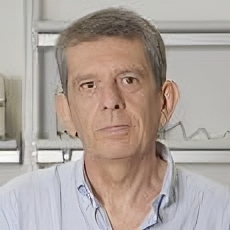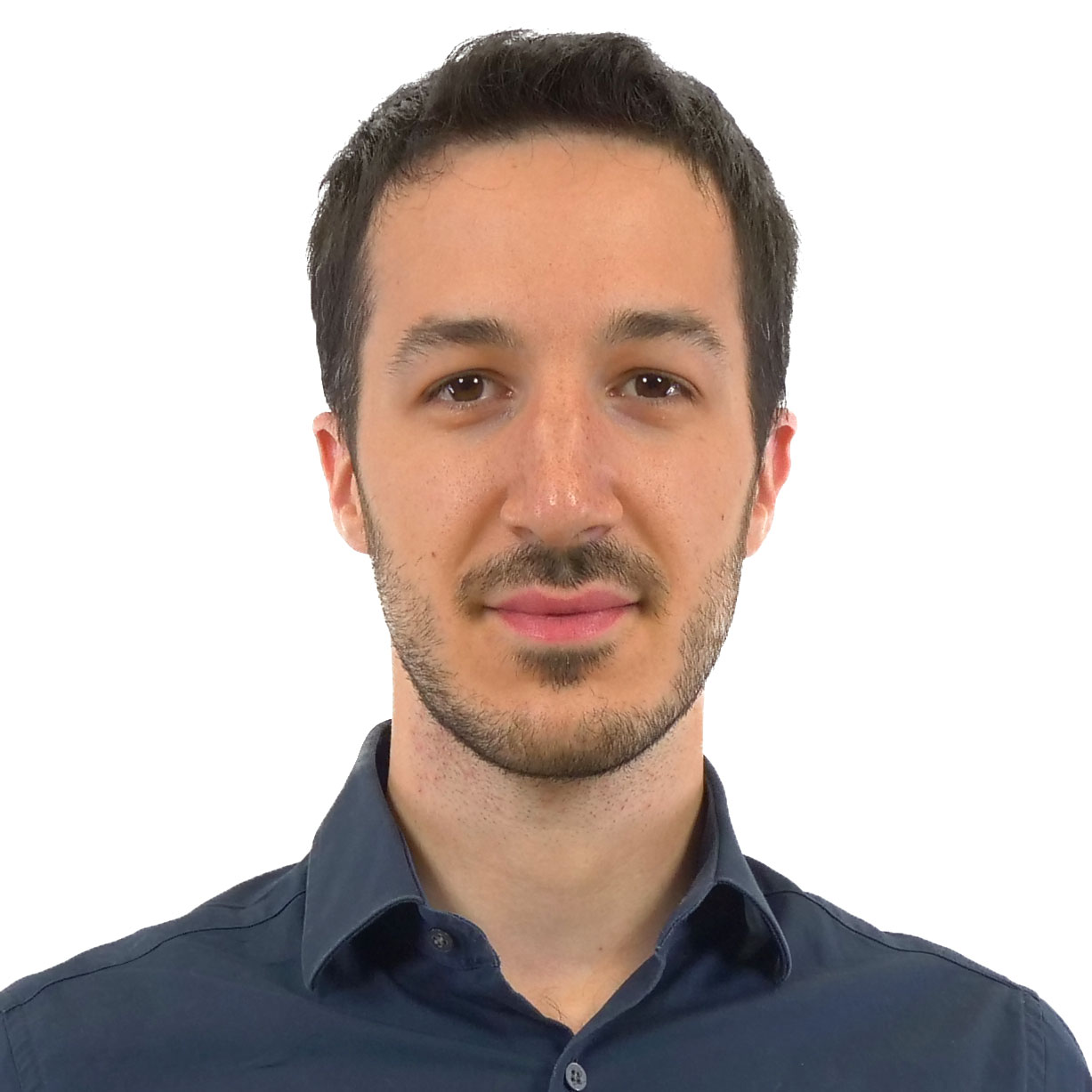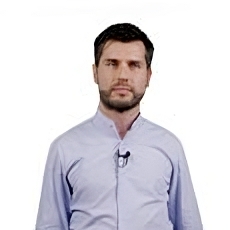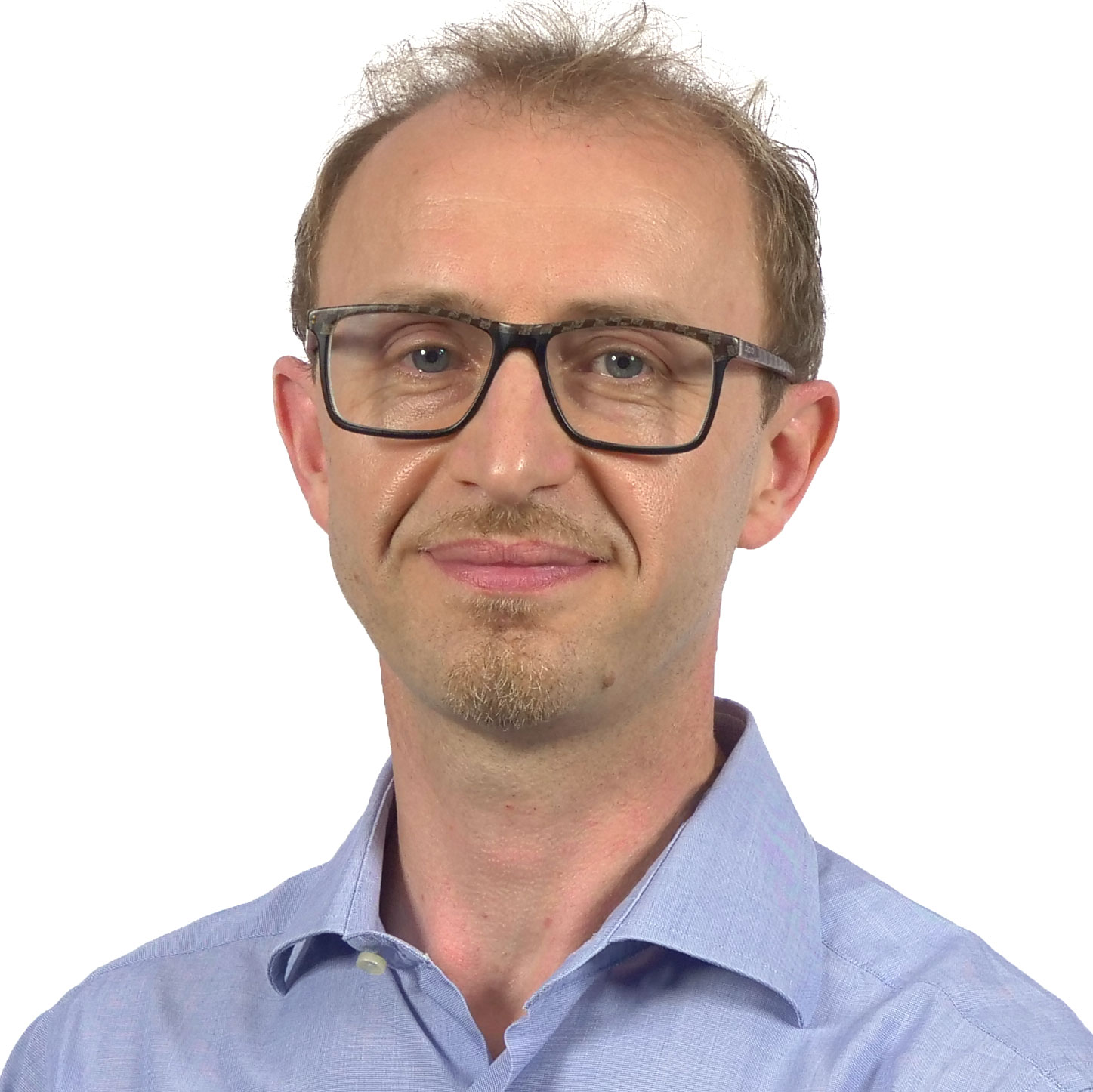Log in and enrol
Introduction to nuclear
Introduction to nuclear
Nuclear processes and measurement for radiation detection.
Course description
The study of static and dynamic properties of nuclei constitutes a first essential step in the comprehension and exploitation of Nuclear Science. Starting from the experimental evidence of radioactivity, the course will explore:
- the physical and the random nature of radioactive decay and nuclear reactions;
- the experimental methods and detector technologies to measure radiations produced by nuclear processes.
To better explore the topic, we will enter in Polimi Labs to look at the working principles of the detectors employed in gamma-ray spectrometry. Also, we will see how nuclear reactions can be exploited to detect the presence of neutrons and to measure their energy.
Finally, we will see the main procedures used in radiochemistry to perform destructive analysis, useful When nuclei are hard to measure.
Total workload of the course: 25 hours
This MOOC is provided by Politecnico di Milano.
The safeguards training and education project
This MOOC is part of the Safeguards Training and Education project.
INSC/2018/401-261 Safeguards Training and Education (MC3.01/18)

Funded by the European Union
This MOOC was funded by the European Union. Its contents are the sole responsibility of ENEN and do not necessarily reflect the views of the European Union.
Intended Learning Outcomes
By actively participating in this MOOC, you will achieve different intended learning outcomes (ILOs).
Week 1
- List and describe the main characteristics of the radioactive decay
ESCO: Nuclear physics
- Recall the different radioactive decay modes and the related properties
ESCO: Nuclear physics
- Describe the main features of nuclear reactions and how to measure the so-called reaction cross-section
ESCO: Nuclear physics
Week 2
- Describe scintillation and semiconductor detectors and how they are used to detect gamma rays
ESCO: Nuclear physics
- Describe how neutrons are produced, how they can be classified and how they can be detected
ESCO: Nuclear physics
Week 3
- Describe why some radionuclides cannot be easily detected and measured and how to deal with them
ESCO: Radiochemistry
Week 4
- Describe some methods and techniques for measuring various types of radiation fields, used in the Politecnico di Milano Nuclear Measurements Lab
ESCO: Monitor radiation level
- Analyse the spectra of two radioisotopes of plutonium using different devices, a portable sodium iodide and a GMX HPGe detector
ESCO: Monitor radiation level
- Understand advantages and disadvantages in determining uranium concentration in water by alpha spectrometry and Inductively Coupled Plasma mass spectrometry
ESCO: Monitor radiation level ESCO: Radiochemistry
Prerequisites
As prerequisite it is recommended to have some basic knowledge of chemistry and physics.
Activities
Over and above consulting the content, in the form of videos and other web-based resources, you will have the opportunity to discuss course topics and to share ideas with your peers in the Forum of this MOOC.
Throughout each module, you will also find some “Self assessment quizzes”. Self assessment quizzes are not graded: they are meant to support the consolidation of the knowledge acquired following the previous video and to help you understand which are the main takeaway.
Section outline
-
-
-
In Week 1 we will specifically address radioactivity in the time domain, radioactive decays and related properties, nuclear reactions and cross section.
-
In the Week 2 we will focus on both Gamma-matter interaction and detectors, and Neutron sources and detectors.
-
In Week 3 we will focus on Radiological characterization which is of paramount importance for nuclear safeguards and specifically on how to determine Hard-to-Measure radionuclides.
-
In Week 4 we open the door to some Laboratories of Politecnico di Milano which deals with nuclear measurements, gamma spectrometry, Radiochemistry and Radiation Chemistry.
-
-
-
Glossary Page
-
Bibliography Page
-
Assessment
Your final grade for the course will be based on the results of your answers to the assessed quizzes. You have an unlimited number of attempts at each quiz, but you must wait 15 minutes before you can try again. You will have successfully completed the course if you score a total of 60% (or higher) in each of the assessed quizzes.
The maximum score possible for each quiz is given at the beginning of the quiz. You can view your score in the quiz on your last attempt or on the 'Grades' page.
Certificate
You can achieve a certificate in the form of an Open Badge for this course, if you obtain, at least, 60% of the total score in the graded quizzes and by filling in the final survey.
Once you have completed the required tasks, you will be able to access ‘Get the Open Badge’ and start issuing the badge. Instructions on how to access the badge will be sent to your e-mail address.
The Badge does not confer any academic credit, grade or degree.
Information about fees and access to materials
You can access the course absolutely free of charge and completely online.
Course faculty

Stefano Giulini Castiglioni Agosteo, Politecnico di Milano
Teacher
Stefano Giulini Castiglioni Agosteo is a full professor in the field of Nuclear Measurements and Instrumentation and a member of the PhD Council in Energy and Nuclear Science and Technology at the Politecnico di Milano. He has been collaborating with the TERA program for constructing a hadrontherapy centre in Italy and with the radiation protection group of CERN. His research interests are also focused on radiation dosimetry, microdosimetry and neutron spectrometry. He is responsible for several research programs of the INFN in the field of BNCT, neutron spectrometry with silicon detectors, silicon microdosimetry and microdosimetry at the nanometric level.

Davide Bortot, Politecnico di Milano
Teacher
Davide Bortot graduated in Nuclear Engineering and completed a PhD in Energy and Nuclear Science and Technology. He is a Researcher in the field of Nuclear Measurements and Instrumentation at the Energy Department of Politecnico di Milano. His research interests revolve around radiation dosimetry, gas and solid-state microdosimetry of hadrontherapy beams and neutron and gamma spectrometry. He is involved in the laboratory teaching of Radiation Detection and Measurement, Medical Applications of Radiation Fields and Electronics courses of Politecnico di Milano.

Francesco Casamichiela, Politecnico di Milano
Teacher
Francesco Casamichiela is a PhD student in Energy and Nuclear Science and Technology at Politecnico di Milano. He graduated in Nuclear Engineering with a thesis on the study of a spectrometer for laser-driven ion beams. His research is focused on X-ray radiography and tomography applied to non-destructive testing of objects of various dimensions and materials. He is involved in the laboratory teaching of the Laboratory of Nuclear Physics course at Politecnico di Milano.

Riccardo Chebac, Politecnico di Milano
Teacher
Riccardo Chebac graduated in Nuclear Engineering and he is a PhD student at Politecnico di Milano. He’s working on graphite-moderated reactor dismantling optimization within the Inno4Graph project. In parallel he is an intern at the Nuclear Energy Agency (NEA) in the team of Radioactive Waste Management and Decommissioning (RWMD) division.

Elena Macerata, Politecnico di Milano
Teacher
Elena Macerata graduated in Nuclear Engineering and completed a PhD in Radiation Science and Technology on the study of hydrometallurgical processes for the partitioning of minor actinides from spent nuclear fuel. Today, she is a senior researcher in the Radiochemistry and Radiation Chemistry Laboratory of the Department of Energy at POLIMI. Her research work is mainly focused on the development of hydrometallurgical processes for the advanced reprocessing of spent fuel, the study of radiolytic degradation phenomena in different systems and the study of chemical compatibility issues for Generation IV reactors.

Mario Mariani, Politecnico di Milano
Teacher
Mario Mariani graduated in chemistry at Università degli Studi in Pavia. In 1989, he earned his doctorate in Chemical Science. Today, he is full professor at POLIMI and Head of Radiochemistry and Radiation Chemistry Laboratory at the Department of Energy. He is Lecturer of MSc course Applied Radiochemistry and courses for PhD in Energy and Nuclear Science and Technology. His research activities are in the fields of nuclear and radiochemistry, radiation chemistry and nuclear decommissioning.

Davide Mazzucconi, Politecnico di Milano
Teacher
Davide Mazzucconi is a Research Fellow in the field of Nuclear Measurements and Instrumentation at the Energy Department of Politecnico di Milano. He is a Nuclear Engineer and completed a PhD in Energy and Nuclear Science and Technology. His research activity is related to numerical and experimental radiation dosimetry, radiation therapy and hadrontherapy, gas and solid-state micro-nanodosimetry.

Eros Mossini, Politecnico di Milano
Teacher
Eros Mossini holds Master’s Degree in Nuclear Engineering and Ph.D. Degree in Energy and Nuclear Science and Technology. He is Assistant Professor at Department of Energy of Politecnico di Milano in the field of Nuclear Measurements and Instrumentation. His research efforts are mainly focused on radiochemistry and radiation chemistry cutting-edge topics, such as hydromethallurgical processes for actinide recovery from spent nuclear fuel; radiological characterization of environmental, industrial and nuclear samples; nuclear decommissioning and waste management. He is involved in laboratory teaching of “Radiation Detection and Measurement” and “Applied Radiochemistry” courses of Politecnico di Milano.

Andrea Pola, Politecnico di Milano
Teacher
Andrea Pola graduated in Nuclear Engineering and completed a PhD in Radiation Science and Technology. He is associate professor of Nuclear Measurements and Instrumentation and lecturer of the courses “Radioactivity” and “Laboratory of Physics of the Nucleus” at Politecnico di Milano. His research interests mainly concern neutron spectrometry and dosimetry, neutron metrology, dosimetry and microdosimetry of hadrontherapy beams. He is the head of the Neutron Metrology Facility of the Department of Energy of Politecnico di Milano.
Contact details
If you have any enquiries about the course or if you need technical assistance please contact pok@polimi.it. For further information, see FAQ page.